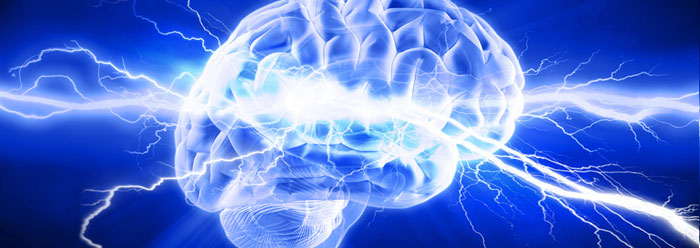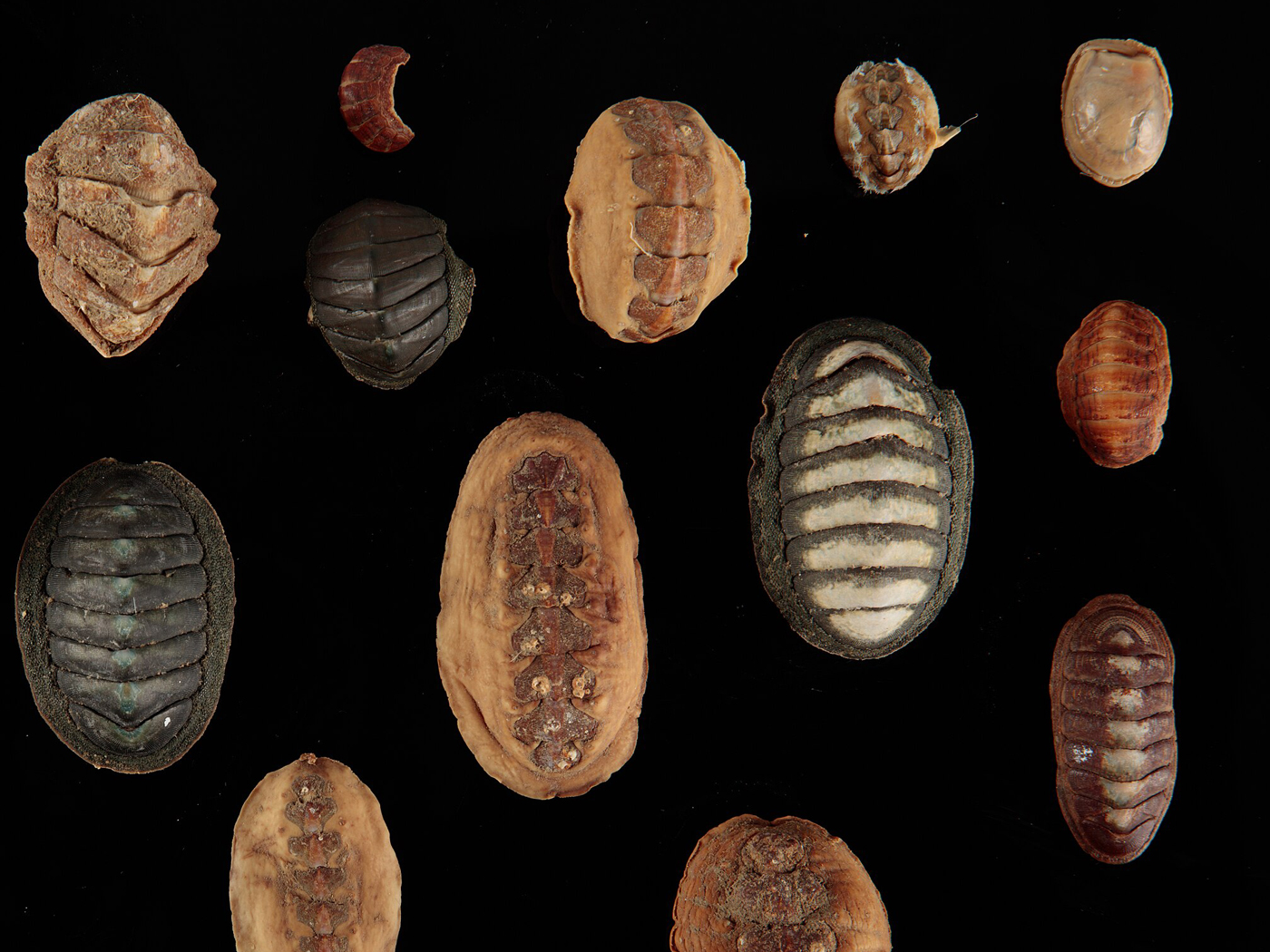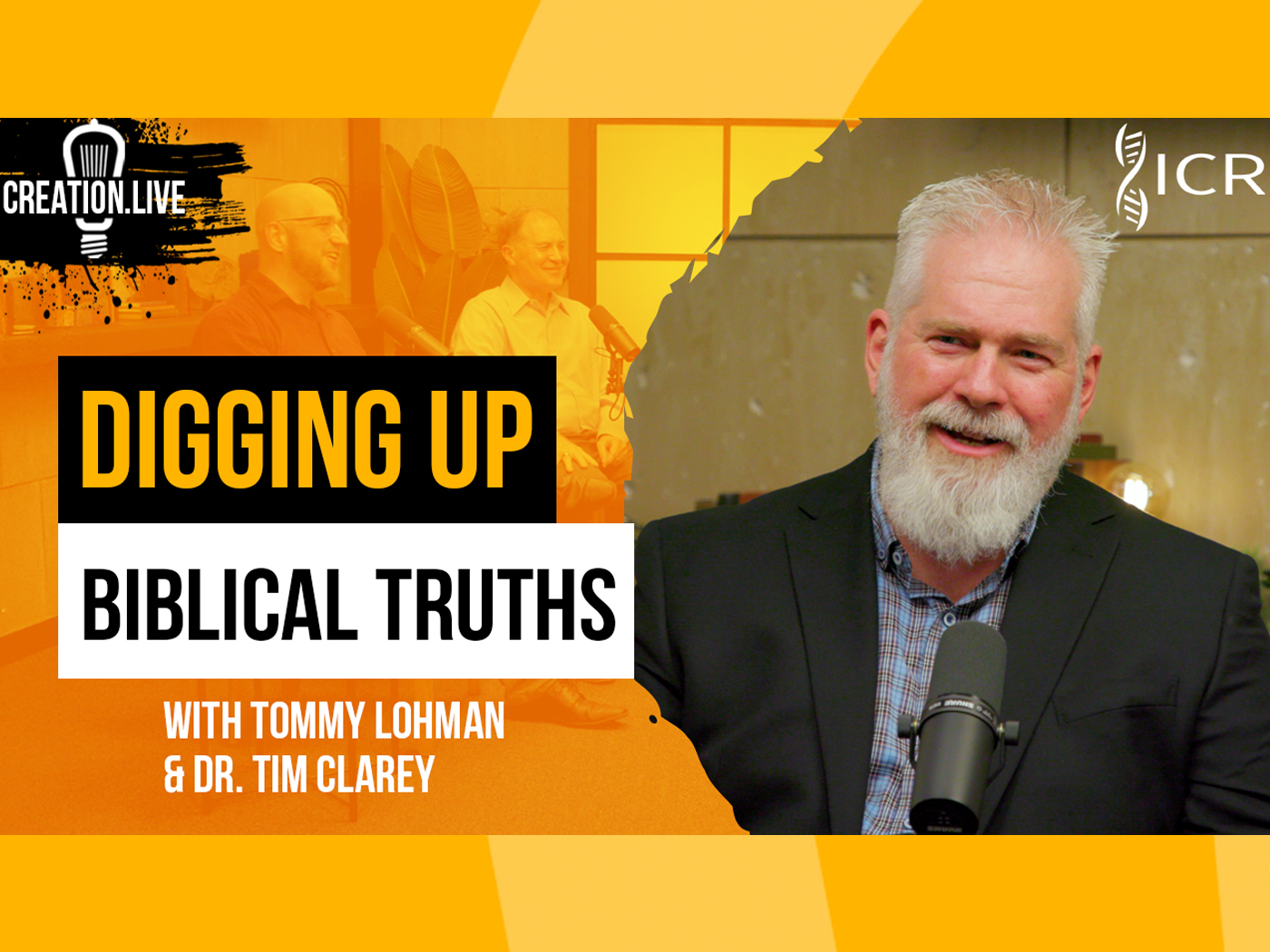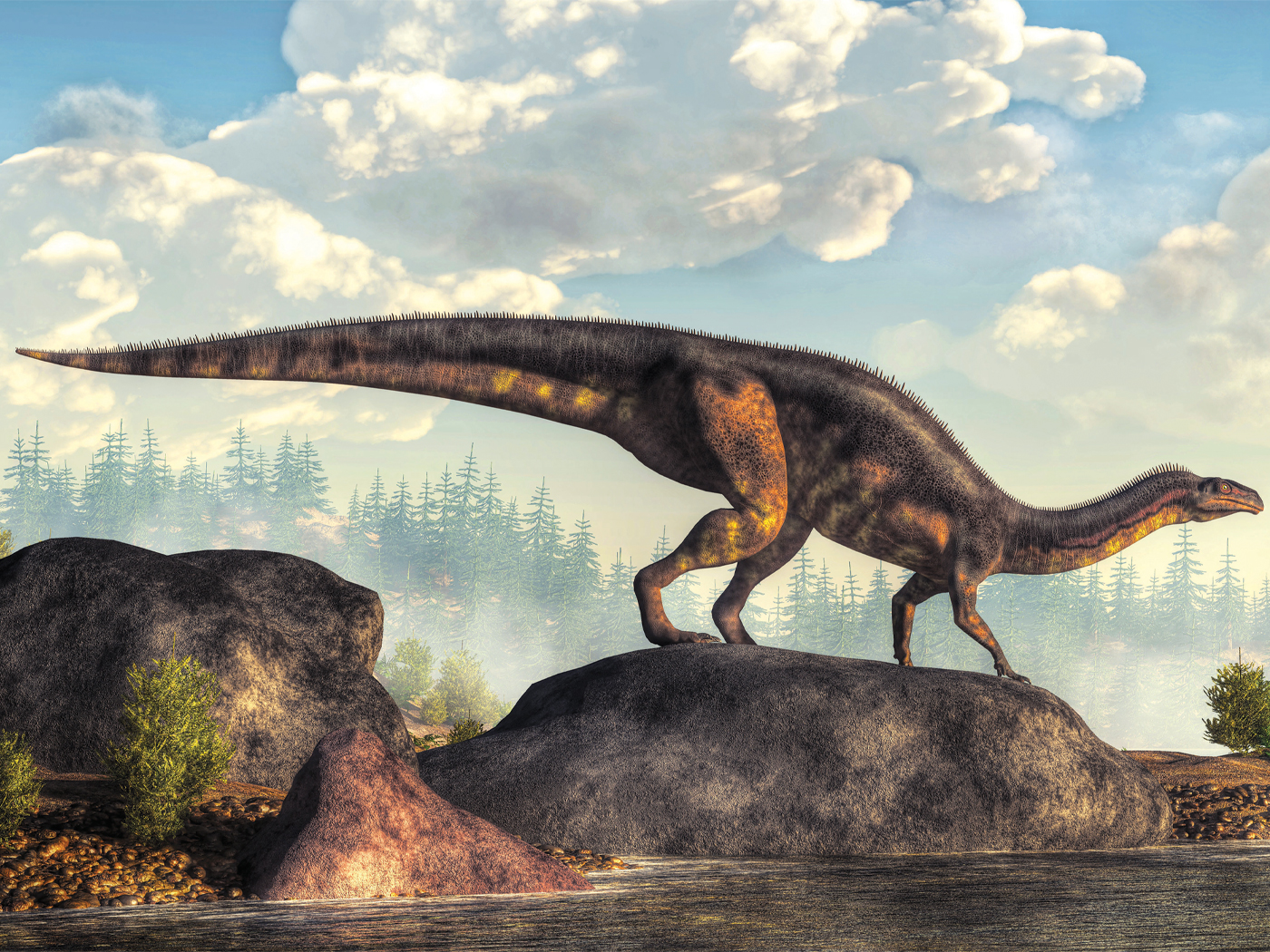IBM researchers are working on a new computing device that could process massive data sets while using very little energy. It would also be able to quickly learn and remember patterns, which might make it able to "issue tsunami warnings in case of an earthquake" or calculate the likelihood of contaminated produce on grocers' shelves.1
The inspiration for their prototype? The human brain.
The project—funded by IBM—is called SyNAPSE (Systems of Neuromorphic Adaptive Plastic Scalable Electronics). Its principal investigator, Dharmendra Modha of the Defense Advanced Research Projects Agency, told the technology news organization VentureBeat:
The computers we have today are more like calculators. We want to make something like the brain. It is a sharp departure from the past.1
Thus, "neurosynaptic computing chips" have been engineered as the first stage in building a more brain-like computer.
Core differences separate even the most powerful modern computers from the enormously more powerful human brain. In today's computers, memory devices are separate from processors, so the two are connected by a channel called a "bus." The size of the bus often determines the flow rate of information, and this can impact the computer's processing capabilities. But processing and memory in brains, as far as researchers know, operate in the same place and time. This increased efficiency in internal connections has the side benefit of requiring much less energy.
The article on VentureBeat's website featured links to online videos released by IBM describing the project. In one, IBM researcher John Arthur remarked, "We can't find anything better than the brain" at recognizing and remembering complex patterns.2
The brain consists of billions of neurons that connect with each other via trillions of synapses. Each neuron has vast numbers of individual proteins that act as computational switches, making the total computational power of the human brain literally astronomical. In fact, one recent study compared the number of brain synapses to the number of stars in 1,500 Milky Way galaxies, which could be more than 450 trillion.3 Modha's estimate of 100 trillion synapses is at least within the same order of magnitude.
But all of those brain synapses operate on very low energy, and huge sections of them "dial down" when not in use. The SyNAPSE research group hopes that its machine will model the brain's "structural and synaptic plasticity," which would enable it to rewire itself according to what it learns.1
In the end, millions of dollars, thousands of man hours, and the countless painstaking efforts of intelligent engineers has resulted in two silicon-based processing chips, each consisting of only 65,536 electronic synapses. Apparently, the chips are able to play the first Atari video game, "Pong," in which two simulated paddles bounce a dot back and forth across a computer screen.
The next phase, requiring an unknown additional quantity of time, energy, and funding, should result in multiple chips wired together to make a prototype computer. Eventually, the researchers aim to build one "as powerful [as] the human brain."1
Some of the best and brightest engineering brains are involved in seeing this project to completion. If and when they succeed, they will also have succeeded in proving that the human brain they used as their model could only have been created through intelligently and purposefully directed power. Something that intricately designed could never have "just happened."
References
- Takahashi, D. IBM produces first working chips modeled on the human brain. VentureBeat. Posted on venturebeat.com August 17, 2011, accessed August 24, 2011.
- SyNAPSE: IBM Cognitive Computing Project—Hardware. IBM Research Almaden. Posted on youtube.com April 19, 2011, accessed August 24, 2011.
- If the Milky Way galaxy has 300 million stars, then 1,500 of these galaxies would equal 450 trillion stars. See Thomas, B. Brain's Complexity 'Is Beyond Anything Imagined.' ICR News. Posted on icr.org January 17, 2011, accessed August 24, 2011.
* Mr. Thomas is Science Writer at the Institute for Creation Research.
Article posted on August 31, 2011.














